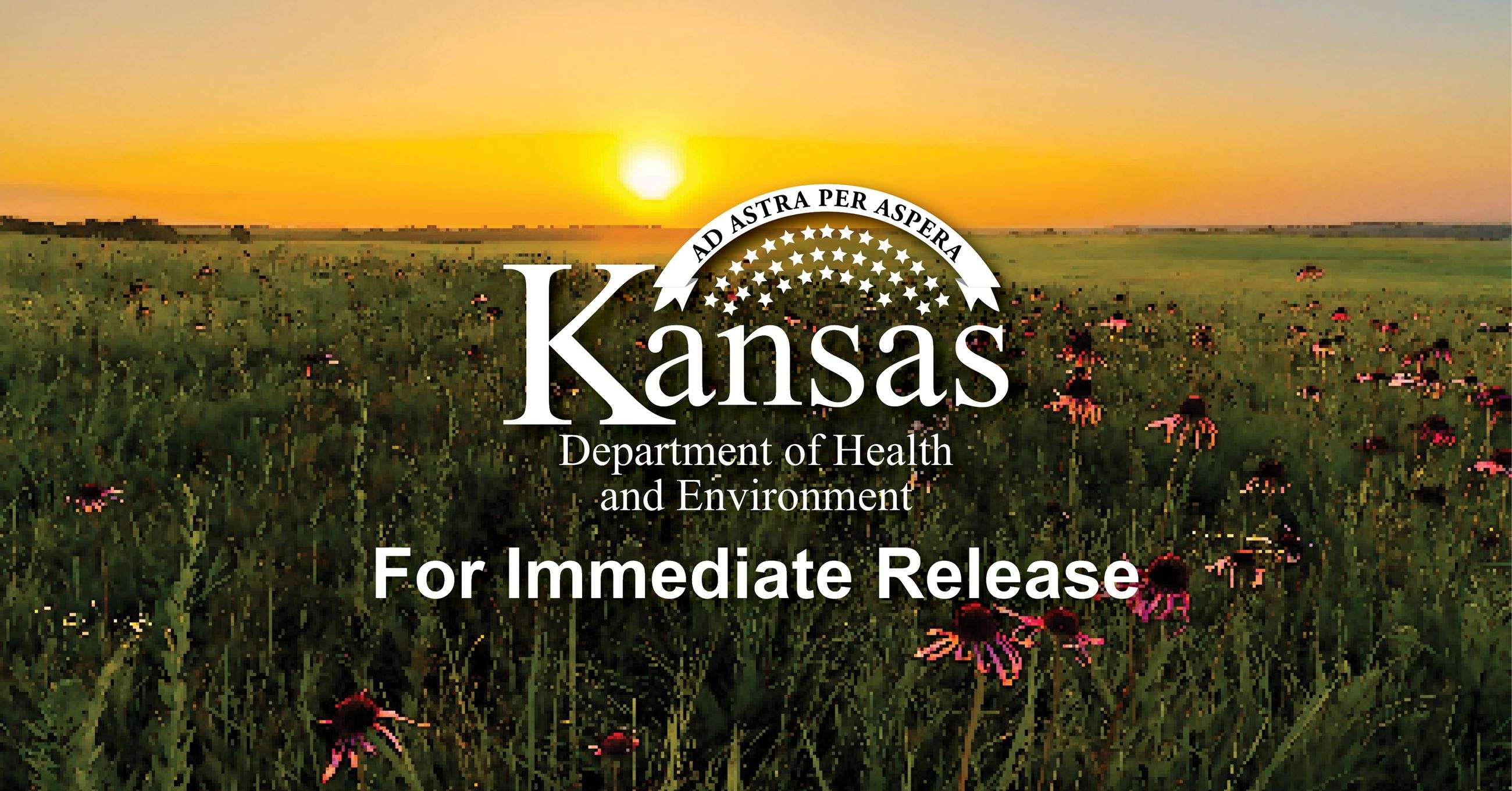
Kansas Department of Health and Environment
The Kansas Department of Health and Environment (KDHE) and the U.S. Food and Drug Administration (FDA) are alerting the public about the risks associated with 7-hydroxymitragynine (7-OH).
Kratom and 7-OH are often marketed alongside each other because 7-OH is naturally found in kratom in small amounts. However, 7-OH products use synthetic compounds with much higher concentration and potency.
These products are sold in stores such as smoke shops, gas stations, convenience stores, and online shops. They can be gummies, liquid shots, tablets, or powders. It is sometimes sold as if it were the same product as kratom, but it is not. 7-OH is more addictive, and using it in combination with alcohol or other sedatives can cause severe respiratory depression, and in some cases, even death.
Because 7-OH is unregulated, the potency and quality of products can vary widely, making it difficult to safely gauge dosage. KDHE emphasizes that combining 7-OH with other substances increases the risk of overdose.
“We are urging individuals to avoid using any products containing 7-OH,” Dr. Dereck Totten, KDHE Chief Medical Officer, said. “It can be extremely harmful, even in small doses. Always consult with your healthcare provider before consuming any new supplements, and if you suspect an adverse reaction or overdose, seek medical attention immediately.”
The FDA has received reports of harmful effects associated with 7-OH products, which include addiction, anxiety, depression, gastrointestinal distress, insomnia, seizures, and withdrawal symptoms such as restlessness, body aches, fatigue, irritability, and cold sweats.
Overdose and Treatment
- Because 7-OH acts on opioid receptors, it can cause respiratory depression and overdose.
- Opioid overdose (including 7-OH) can be reversed with naloxone, a medication that restores normal breathing.
- It is important to recognize that naloxone prevents opioid overdose. However, if 7-OH is mixed with other drugs or alcohol, then naloxone may not fully reverse the effects.
- Naloxone can be administered through the nose or as an intramuscular injection to save a person’s life. Both methods are equally effective.
- Anyone who suspects an overdose should call 911 immediately and administer naloxone, if available.
KDHE Urges Residents to
- Avoid all products containing 7-OH.
- Read labels carefully when buying candies or supplements.. Talk to children and teens about the risks of 7-OH.
- Keep 7-OH products away from children and pets.
- Stay informed about overdose risks and keep naloxone available in case of an emergency.
- Consult a healthcare provider before using any supplements, especially anything marketed for pain, energy or mood.
- Seek medical care or call the Poison Help Line at 1-800-222-1222 if you have concerns about 7-OH.
KDHE urges residents to avoid 7-OH products, talk to their loved ones about the risks, and know how to respond in case of an overdose. Kansas residents can request free naloxone kits through DCCCA’s online order form.
For immediate concerns, call the Poison Help Line at 1-800-222-1222, or dial 9-1-1 in case of an overdose.





